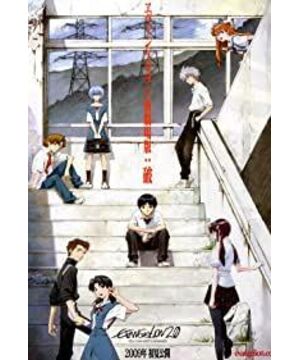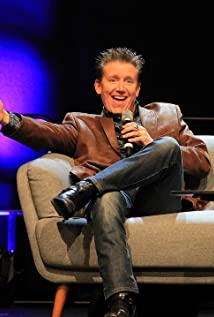On the contrary, of course, in adult life and adult art, the biggest question is often not effort, but in which direction. Of course, if you don't try hard, it will be even worse. So the art of adults is always about ethics—ethics in a broad sense, the study of how to act.
Of course, I think that all kinds of dramatic arts, especially the novel arts since modern times, are more or less related to the choice of life path. Because this kind of art itself is an art with life as the material.
Except for some relatively simple juvenile manga, most of the works actually have to deal with this issue. For example, Masashi Kishimoto has carried out many such discussions with the help of the character Uchiha Obito, and it is very detailed. Like the Gundam series, it also involves political issues (both the Gundam series and Naruto are particularly concerned with the issue of peace, probably not unrelated to the American garrison in Japan). There are also some that do not involve such specific issues, but at least some topics such as emotions, attitudes towards getting along with people, dreams, etc. are discussed. For example, this is probably the case. On the English Wiki, this work was once called a coming-of-age novel with Shinji Ikari as the protagonist, which is probably the meaning. At the same time, there are also some early works that don't address these issues very much, such as Dragon Ball and the Conan series that lasts to this day. In these works, the outlook on life or the path of life appears very clear, not at all vague. Of course the author has his own opinion. If it is said that the Conan series can not discuss the issue of values because it is a special subject, then Dragon Ball is probably the last work that can succeed without involving this issue.
'The loyalty and trustworthiness of the rites are the weakest and the leader of chaos', I think some people may point out that in the era of Dragon Ball cartoonists could not discuss the issues of values and outlook on life, maybe it was because of the Japanese society of that era, there was no such thing as a More about the value and the pain of life. And this may be because the rapid emergence of innovation, the continuous improvement of social labor methods, and the continuous improvement of living standards in that era made people feel less hesitant. In the era of EVA, as Ritsuko Akagi said: Today is no different from yesterday, and tomorrow must be no different from today, praising the repeated daily life - Japan seems to have become a society where innovation is no longer emerging, and mainstream people's Life becomes more fixed society. This is probably the current situation of these 'developed countries'. Of course, Japan was able to experience that kind of development back then, probably because of some kind of 'catch-up effect'.
According to Jacobs' economics, such development is hard-won, but without continued import substitution, the inevitable militarization of the country and eventual poverty will follow. According to her observations, this is what America has been through since World War II. Our country has experienced a process of continuous innovation, continuous improvement of labor methods and continuous improvement of life in the past few decades. I still remember the golden atmosphere of Shenzhen in the 1990s. Come to the DVD of Digimon, and feel the sweetness of economic life. So next? We are already at the forefront of innovation across the world, and there are not so many easy goals to improve the way we work. A pessimistic person might think that the world will inevitably have a war next, destroying the gains of the past and starting over - but I hope we can avoid such a future.
View more about Evangelion: 2.0 You Can (Not) Advance reviews











